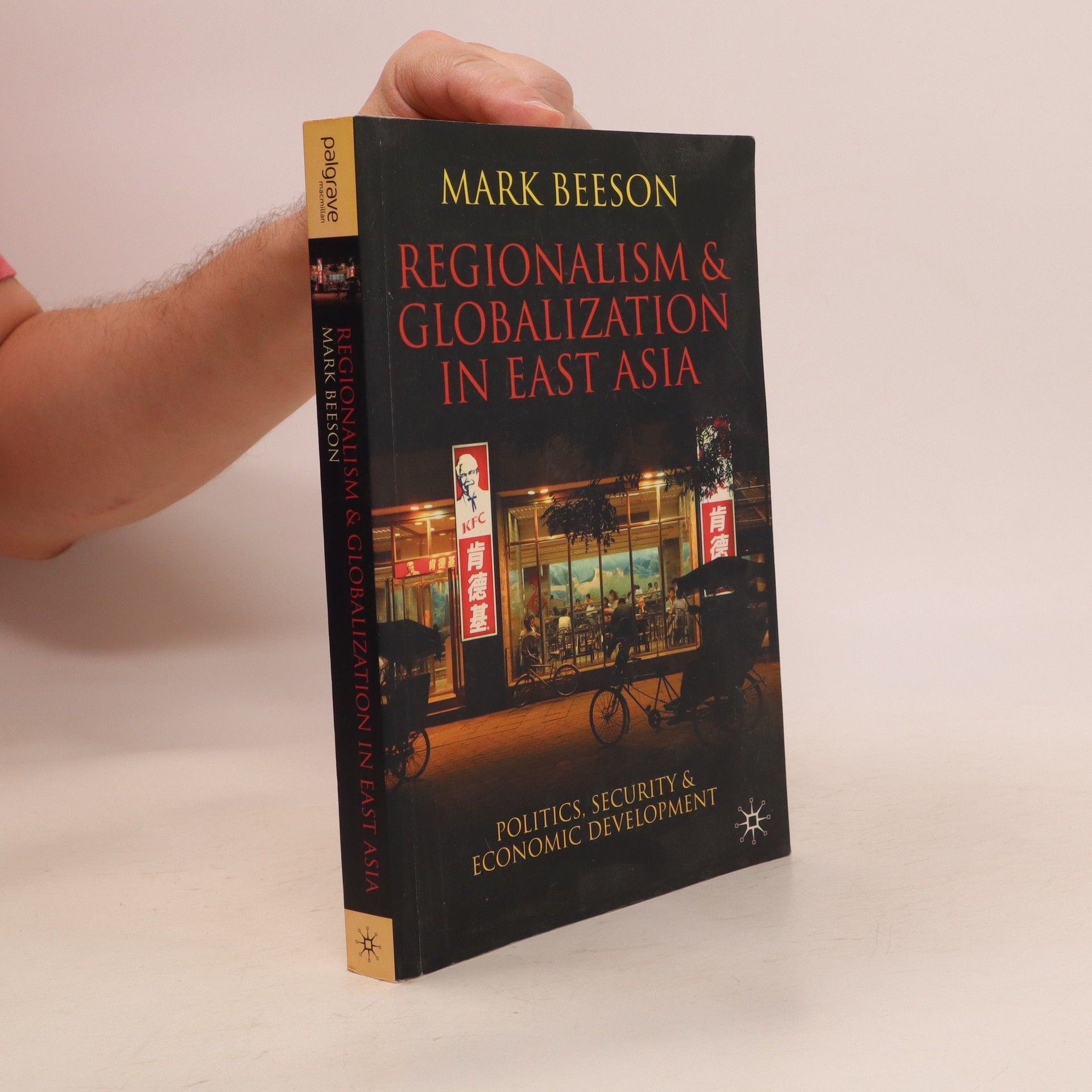This book explains why insecurity has become such a ubiquitous feature of life in the 21st century and why policymakers, strategic analysts and many scholars are failing to recognise or address its underlying causes.
Mark Beeson Boeken


Regionalism and Globalization in East Asia
- 336bladzijden
- 12 uur lezen
This book examines the distinctive character and evolution of political systems, economic structures, and security relationships of East Asia, a dynamic region that will profoundly influence global developments in the twenty-first century. Mark Beeson places East Asian development in the unique historical circumstances that have underpinned its remarkable rise to prominence over the last few decades. This multi-dimensional analysis provides the basis for an assessment of current efforts to develop a unified East Asian region.